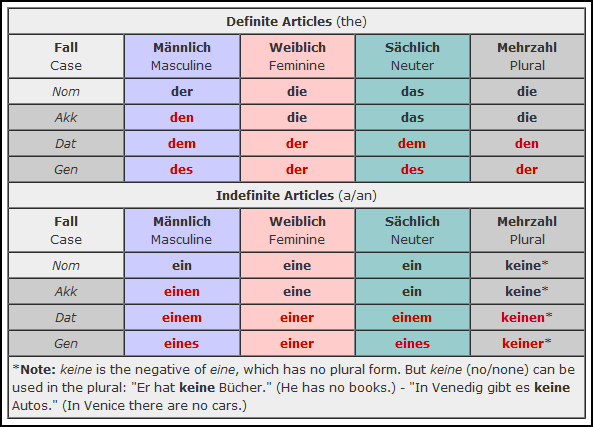Just like with the personal pronouns, you should start by learning the nominative versions of these possessive pronouns. remember, the endings change based on whether the following noun is masculine, feminine, neutral or plural.. This video is all about the german personal pronouns :-). Pronouns - easy learning grammar german what is a pronoun? a pronoun is a word you use instead of a noun, when you do not need or want to name someone or something directly, for example, it , you , none ..
Personal pronouns: subject - easy learning grammar german what is a subject pronoun? a subject pronoun is a word such as i, he, she and they. it refers to the person or thing which performs the action expressed by the verb.. German is very rigorous in its use of gender, and will use the pronoun corresponding to the gender of the referential noun, regardless of whether the noun being referenced is a person (unlike english, which uses “it” for everything not a person or other entities (animals, ships) in certain contexts).. In this lesson, we'll take a look at the german relative pronouns, which introduce and mark a relative clause. we will learn more about when and how to use them. relative pronouns in german.


0 komentar:
Posting Komentar